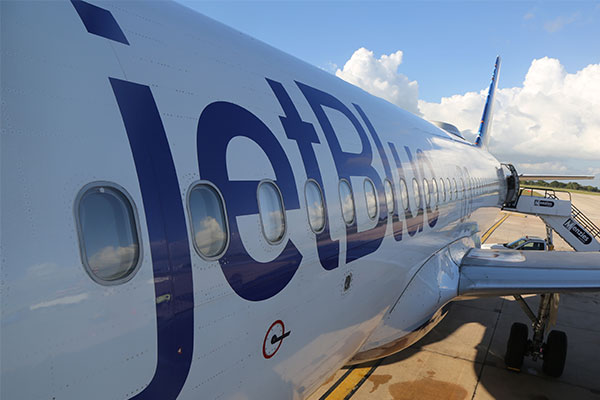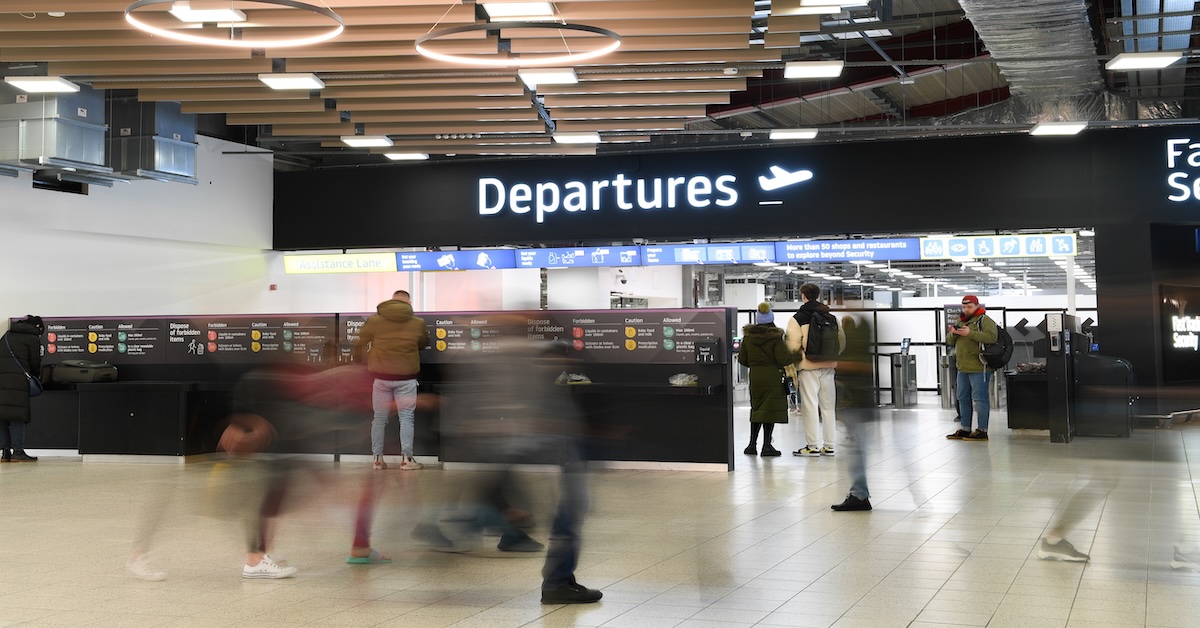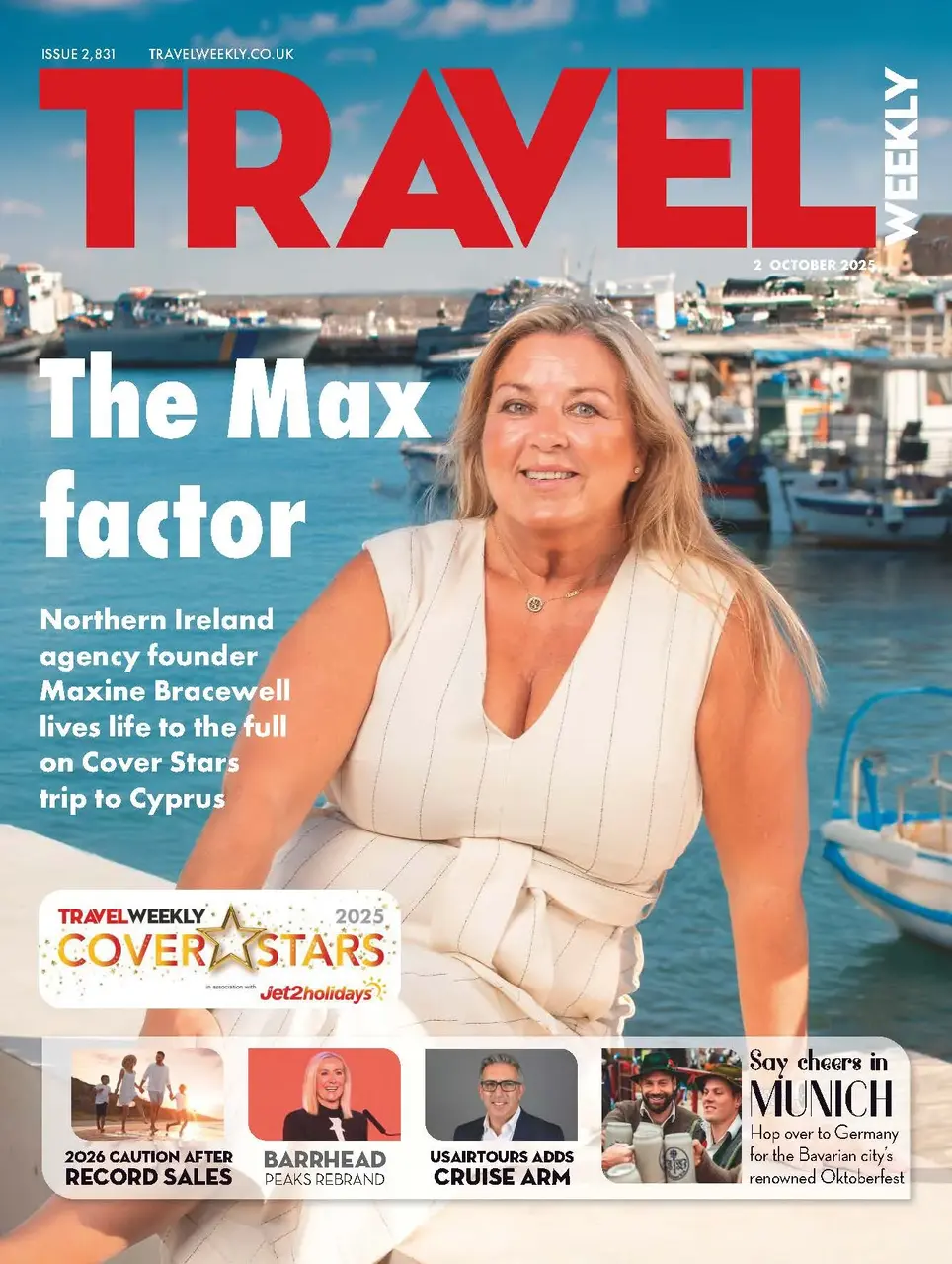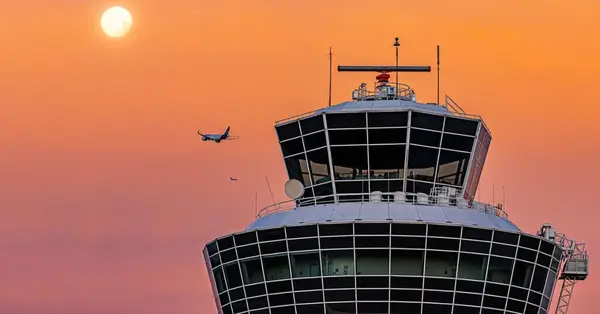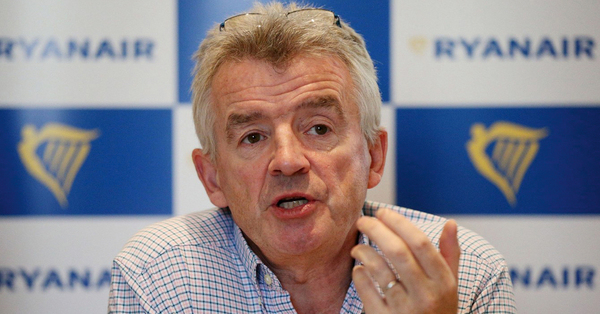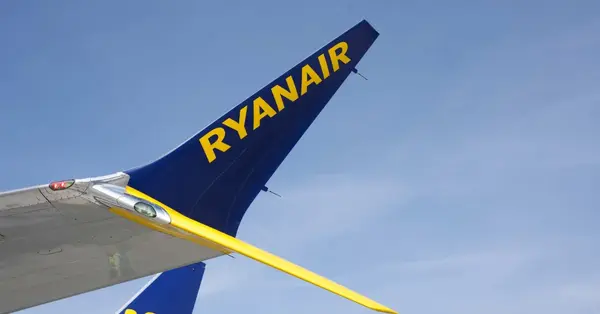You are viewing 1 of your 2 free articles
JetBlue agrees $3.8bn deal to buy Spirit Airlines
JetBlue has won the battle to acquire Spirit Airlines with a $3.8 billion deal to create what it says will be “a national low-fare challenger” to the big four carriers in the US.
Spirit and JetBlue announced their respective boards had agreed a deal to combine the carriers under the leadership of JetBlue chief executive Robin Hayes today.
Florida-based Spirit had appeared poised to be acquired by rival US low-cost carrier Frontier Airlines, based in Denver. The pair had been in talks on a cash-plus-shares deal since February and made a provisional agreement.
JetBlue made a higher, cash-only counter bid in April and appealed direct to Spirit shareholders while the Spirit board recommended acceptance of the Frontier offer, leading to a shareholder vote on the proposal to be repeatedly delayed.
Frontier made an improved offer worth $2.7 billion in June, saying this was its “last, best and final offer”.
Spirit terminated its merger agreement with Frontier yesterday and JetBlue withdrew its offer to Spirit shareholders while it negotiated a deal with the Spirit board.
Hayes said: “We’re excited to deliver this compelling combination that turbocharges our strategic growth, enabling JetBlue to bring our unique blend of low fares and exceptional service to more customers, on more routes.”
The deal will create the fifth-largest carrier in the US alongside Delta Airlines, United Airlines, American Airlines and Southwest Airlines.
Spirit operates scheduled flights throughout the US and in the Caribbean and Latin America.
JetBlue launched flights between New York and London Heathrow in August last year , adding flights between New York and Gatwick in September, and is due to begin Boston-Gatwick services next week.
The combined airline will have a fleet of 458 aircraft and 34,000 crew, with more than 300 Airbus ‘new engine option’ (neo) aircraft on order. Both airlines operate all-Airbus fleets
The carriers carried 77 million passengers between them in 2019 and reported annual revenues of $11.9 billion. Together, they will operate in excess of 1,700 flights a day.
Hayes said the merger offers “an exciting opportunity to diversify and expand our network”. JetBlue chairman Peter Boneparth added: “Combining with Spirit will give JetBlue an even larger platform.”
Ted Christie, president and chief executive of Spirit, said, “We’re thrilled to unite with JetBlue through our improved agreement to create the most compelling national low-fare challenger to the dominant US carriers.
“Bringing our two airlines together will be a game changer.”
Spirit chairman Mac Gardner said: “This is a compelling combination that provides meaningful protections for stockholders against an adverse regulatory outcome.”
JetBlue said forecast annual savings of between $600 million and $700 million once the carriers are integrated.
The deal is subject to regulatory approval. The companies said they expect to conclude the regulatory process and close the transaction “no later than the first half of 2024”.
Hayes said: “We believe we can uniquely be a solution to the lack of competition in the US airline industry and the dominance of the Big Four.
“By enabling JetBlue to grow faster, we can go head-to-head with the legacy carriers in more places.”
He noted: “Combined with Spirit, JetBlue will still be significantly smaller than the Big Four, but we’ll be much better positioned.”
The four largest carriers in the US – Delta Air Lines, American Airlines, United and Southwest – account for 80% of the market. JetBlue and Spirit combined would have a 9% market share.
The carriers will continue to operate independently until the deal is closed. Upon completion, the combined operation will be based in New York.

